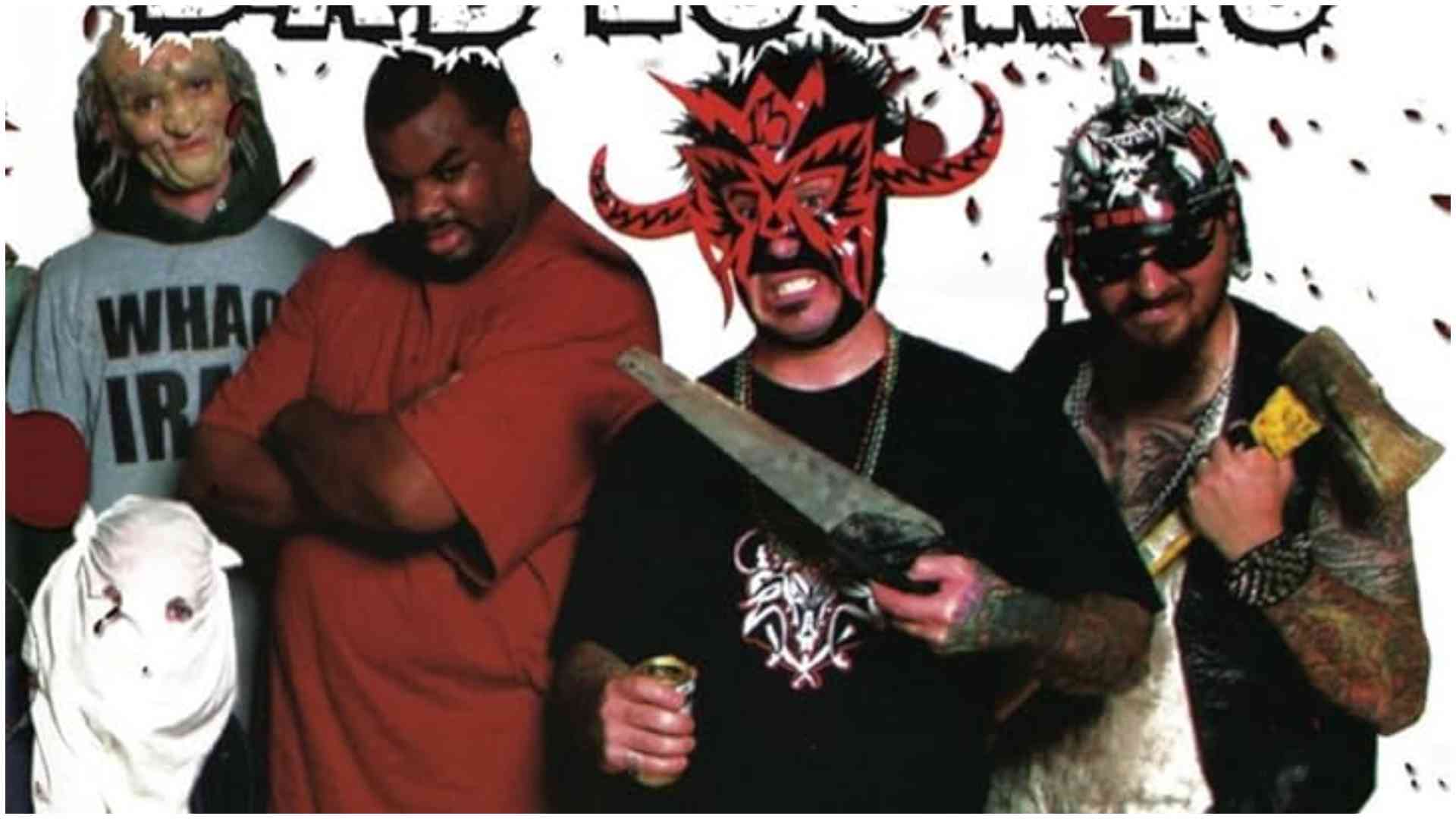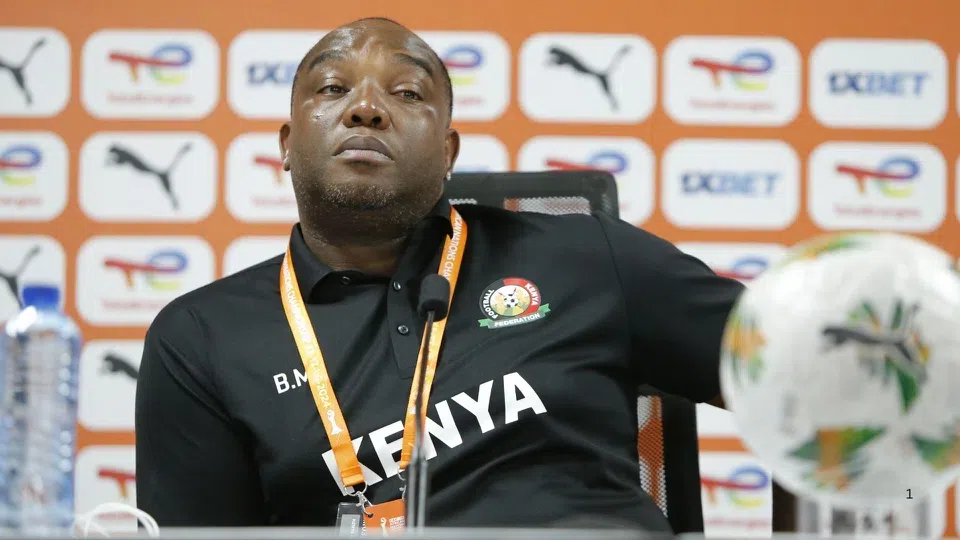Trump Warns He Will ‘Go In and Kill’ Hamas if Gaza Killings Persist

US President Donald Trump has issued a stern warning to Hamas, saying he will “go in and kill” the group if it continues killing people in Gaza. His remarks follow reports of ongoing violence and public executions in the region despite a recently negotiated ceasefire deal with Israel.
What Did Trump Say About Hamas and the Gaza Killings?
In a post shared on his Truth Social platform, Trump stated, “If Hamas continues to kill people in Gaza, which was not the Deal, we will have no choice but to go in and kill them.” He did not clarify who he meant by “we,” but on Wednesday, he emphasized that “we won’t need the US military” to be involved in Gaza.
Trump’s comments mark a sharp shift from his earlier stance earlier in the week when he appeared unbothered by reports of executions carried out by Hamas. “That didn’t bother me much, to be honest with you. That’s OK. It’s a couple of very bad gangs. It’s very different than other countries,” Trump said during a cabinet meeting at the White House on Tuesday.
The remarks came after Admiral Brad Cooper, the top US commander in the Middle East, demanded that Hamas stop targeting Palestinian civilians and fully comply with the 20-point US-backed ceasefire plan.
What Is Happening in Gaza After the Ceasefire?
Since the partial withdrawal of Israeli forces under the truce deal, Hamas has tightened its control over devastated areas in Gaza, reportedly executing suspected collaborators in public. The ceasefire, brokered with US support, was intended to ease tensions and pave the way for humanitarian efforts, but renewed violence has raised concerns about its collapse.
During his trip to Israel and Egypt on Monday, Trump said Hamas had been “open” about wanting to “stop the problems” in Gaza. “They have been open about it. And we gave them an approval for a period of time,” he told reporters aboard Air Force One.
Trump’s latest threat signals growing frustration with Hamas’s actions and could indicate possible intervention strategies if the killings continue, even without direct US military involvement.
By Lucky Anyanje










